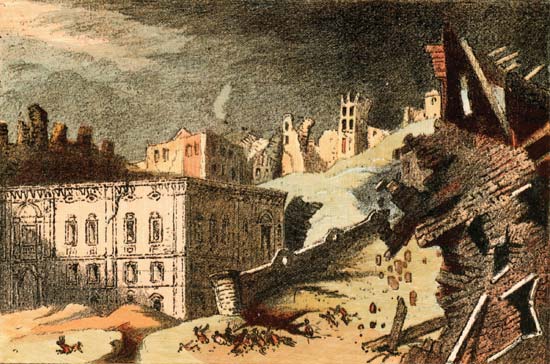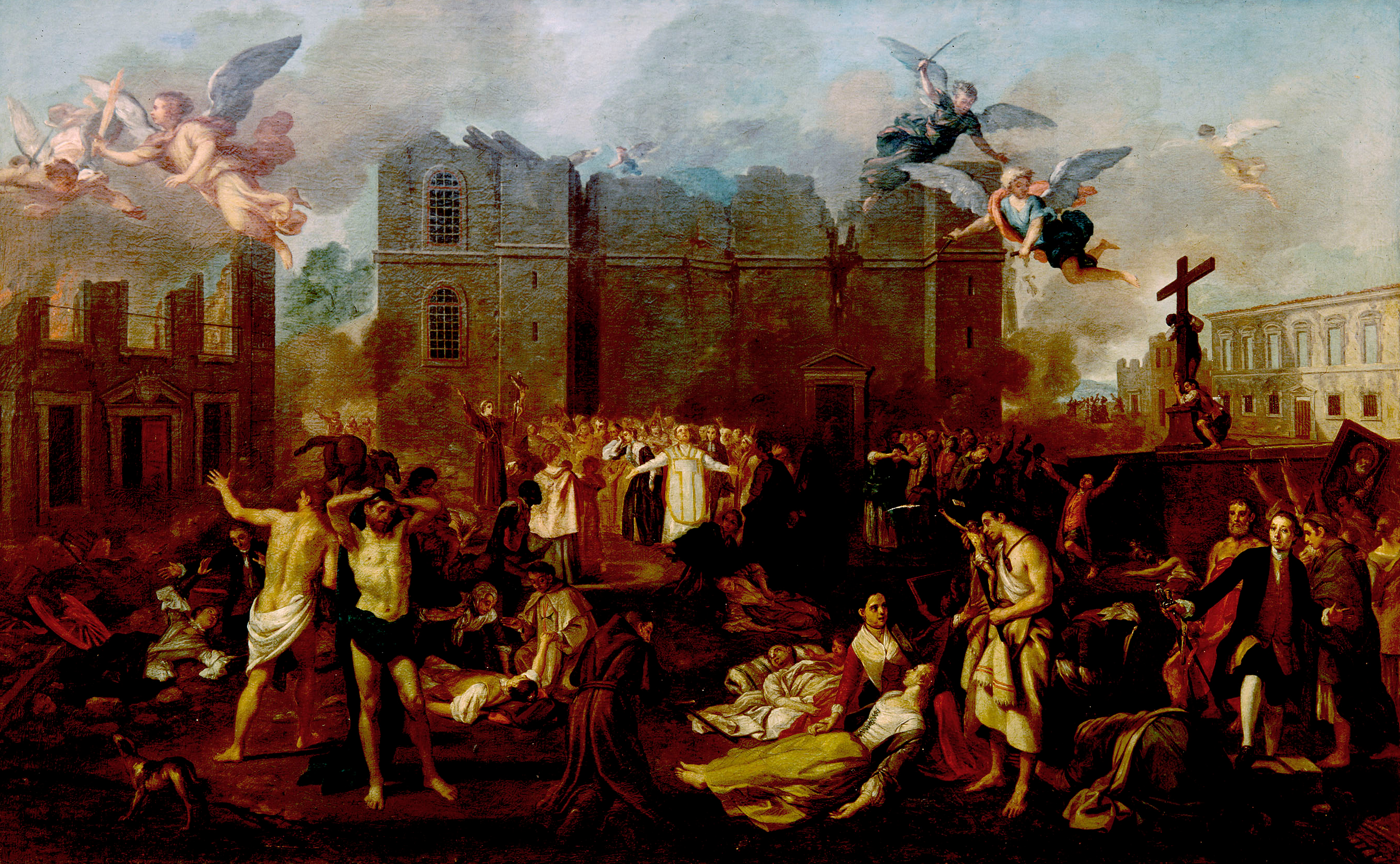Despite our best efforts, we can never outrun the forces of nature. Throughout history, some of the most devastating natural events have toppled empires that were at the top of their game, turning them into dust practically overnight. While we might look to events at Pompeii and San Francisco for evidence of this, there were few events as devastating as the Gulf of Fire. Taking place in Portuguese territory during the 18th century, the earthquake completely toppled the empire built by the nation, changing both its and the world’s future forever.
Following a huge expansion since the 1400s, Portugal was one of the most powerful nations by the time the 1700s rolled around, boasting the fifth most populous city in Europe. If not for the unspeakable catastrophe that was to follow, the city of Lisbon might still be one of the richest in the world. The events that took place on November 1st 1755, however, changed life for the Portuguese and the world forever.
On 10am on the morning of November 1st, a fault line 200 miles off the Iberian coast ruptured, releasing with it enough energy to match 32,000 atomic bombs. While the effects of the earthquake were felt all over Europe, Lisbon suffered the brunt of the damage, falling to its knees after the natural event. The city as it stood was completely destroyed and with it, 10,000 inhabitants perished. As the dust settled, survivors began to count their lucky stars but soon, things only became worse.
After a force as strong as this particular rupture, the Atlantic ocean produced a huge set of tsunami waves. Hundreds of survivors of the initial earthquake were soon sucked under the wall of water that came their way, pulled back into the ocean 30 minutes after the initial impact was felt. Things only got worse, however. In the initial earthquake, hundreds of candles and stoves were knocked to the ground. Those places that weren’t hit by the water soon erupted into flames, the rubble acting as dry kindling for the flames. Over the course of one day, 40,000 people were killed and what was considered to be the richest, most luxurious city in Europe was all but destroyed.
Despite its best efforts to reform itself, Portugal would never regain the glory it enjoyed before the earthquake hit. With so many buildings in ruin, the existing order of the country was completely destroyed, forcing it to completely reform itself. The event also brought about change further afield, pushing the Enlightenment to take hold of many nations. Scientific thinking came to light in order to explain the event, using geology and seismology to understand the earthquake. The events of one day are responsible for the way that many nations went on to consider reality and without the Portuguese earthquake of 1755, life might look a whole lot different today.



